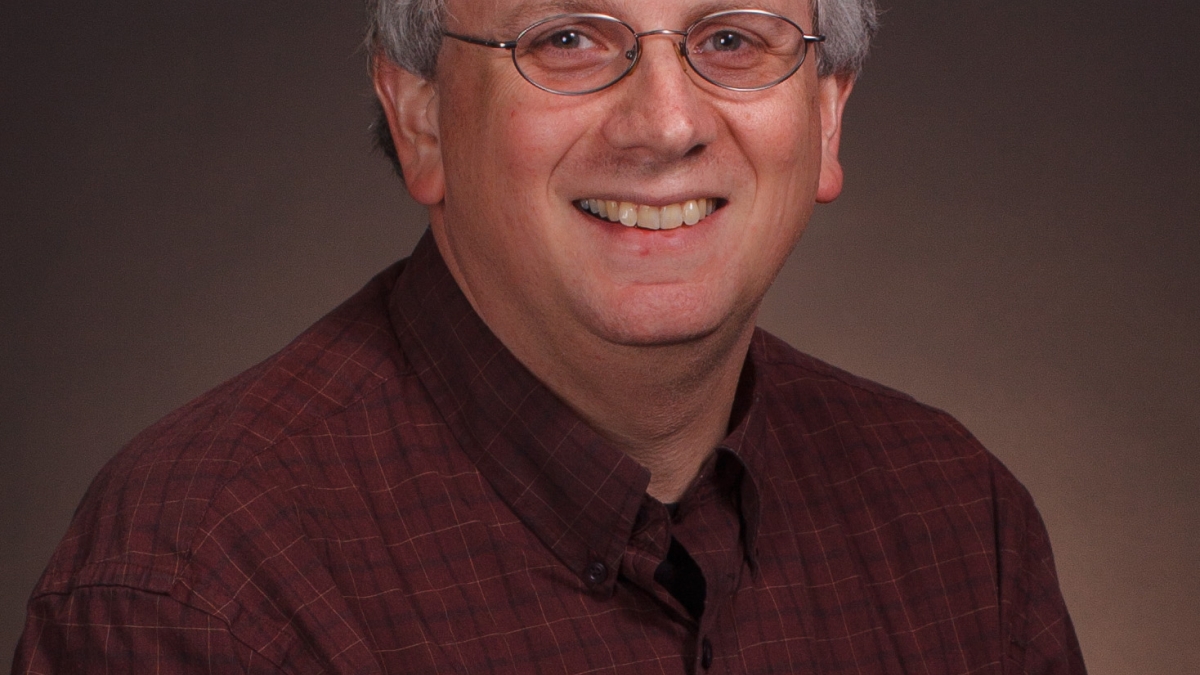Flinn Foundation grants unite leading-edge science, clinical practice

In its quest to advance bioscience research in Arizona, the Flinn Foundation recently awarded five new grants to the state’s three public universities, totaling $800,000. Arizona State University is the recipient of two such grants, for collaborative projects with clinical partners.
In the first project, Erica Forzani and Nongjian “NJ” Tao from ASU’s Biodesign Institute will partner with Craig Stump of the University of Arizona College of Medicine – TucsonDiabetes Research Program. Their project involves testing a unique mobile device for weight management.
“This is a great opportunity to demonstrate how technologies translated from the lab bench can impact the real world and produce changes in our society,” Forzani said.
Ariel D. Anbar, a professor at ASU’s Department of Chemistry and Biochemistry and School of Earth and Space Exploration, will lead another team in collaboration with Keith J. Cannon, M.D., Assistant Professor of Medicine and Associate Chair of Inpatient Practice, Department of Internal Medicine, Mayo Clinic in Arizona.
Their study will obtain baseline data needed for a new approach to diagnosis and monitoring of cancers that cause abnormal changes in skeletal mass, such as multiple myeloma and certain metastatic cancers. Using blood or urine samples, the method tests for changes in the abundances of calcium isotopes that can act as a biomarker of bone mineral balance.
“This is a unique collaboration, in which techniques developed by geoscientists may prove useful in medicine,” Anbar says. “It is one of a number of such collaborations that are starting to emerge.”
The pair of ASU grants – each totaling $100,000 – are part of the Flinn Foundation pilot initiative: Promoting Translational Research in Precision Medicine Seed Grant Program. Each provides two-year funding for projects designed to wed basic research to advanced precision medicine, speeding groundbreaking developments from laboratory to patient bedside.
The Flinn Foundation is a privately endowed, philanthropic grantmaking organization established in 1965 by Dr. Robert S. and Irene P. Flinn to improve the quality of life in Arizona to benefit future generations. During their lifetimes, the foundation promoted technology-driven medical care programs and recruited top physician specialists to Arizona. Through the foundation, they supported the emergence of Arizona’s medical school and awarded scholarships to help students prepare for careers in the health professions.
The Flinn Foundation invited the Vice Presidents for Research of the three state universities to submit proposals, which were then reviewed by authorities in molecular medicine and translational research.
“At ASU, we are advancing on many fronts in biomedicine and health solutions research using a transdisciplinary approach to bring real and innovative solutions to the marketplace,” said Sethuraman “Panch” Panchanathan, senior vice president for ASU’s Office of Knowledge Enterprise Development. “With continued support, such as the Flinn Foundation’s recent investment, this will not only help accelerate our progress in research, but will also increase the impact by improving the quality of health outcomes and lowering the cost of health care.”
Forzani, principal investigator for the weight loss study and a co-developer of the mobile technology, is an assistant professor and deputy director of the Center for Bioelectronics and Biosensors, Biodesign Institute (under the direction of Tao), and is also assistant research professor at the Ira A. Fulton School of Electrical, Computer and Energy Engineering.
Biodesign’s Center for Bioelectronics and Biosensors conducts research and carries out development of a broad range of biological and chemical sensing devices, with applications in diagnostic health, environmental remediation and security. The device examined under the Flinn grant is designed to address the issue of obesity, which currently affects around one third of all Americans and is associated with a raft of serious health risks, including heart disease and stroke, high blood pressure, diabetes and breathing problems, including sleep apnea.
The Biodesign team, in conjunction with their clinical partners at the UA College of Medicine – Tucson Arizona-Tucson, will test a pocket-sized device designed to measure resting energy expenditure or metabolism. The tool, under the trademarked name Breezing, wirelessly tracks body weight by measuring metabolic levels, matching these measurements with physical activity via built-in smartphone sensors, as well as diet intake, via user input.
Breezing is the world’s first portable device capable of tracking a subject’s metabolism and applying that information to recommend modifications to diet and exercise routines in order to achieve a healthy weight. The instrument works via “indirect calorimetry,” the preferred measurement method of the American Dietetic Association, World Health Organization and other institutions, bringing the kind of technology typically found in high-end sports training laboratories to individual users.
The weight management tool offers seamless communication (via e-mail, Facebook and text messaging) between the user and health care professionals in order to supply clients with custom-tailored guidance and motivation. The current Flinn grant will enable the team to further develop smartphone Apple-based algorithms for effective intervention. The effectiveness of the tool will be evaluated through home-based screening of patients enrolled in weight loss treatment through UA Diabetes Research Program.
The project led by Anbar will pair ASU researchers with clinical oncologists at Mayo Clinic. Initial research at ASU has demonstrated promising results for their innovative calcium isotope method for the detection of cancer biomarkers. The new Flinn effort will further evaluate and qualify the biomarker using normal individuals and Mayo Clinic patients with cancer.
The research holds the potential to allow clinicians to diagnose and monitor treatments for a variety of life-threatening diseases, including multiple myeloma, metastatic breast and prostate cancers, and osteoporosis.
Together, the pair of ASU grants from the Flinn Foundation promise to accelerate health-related basic and applied research, improving patient outcomes and reducing health care costs.